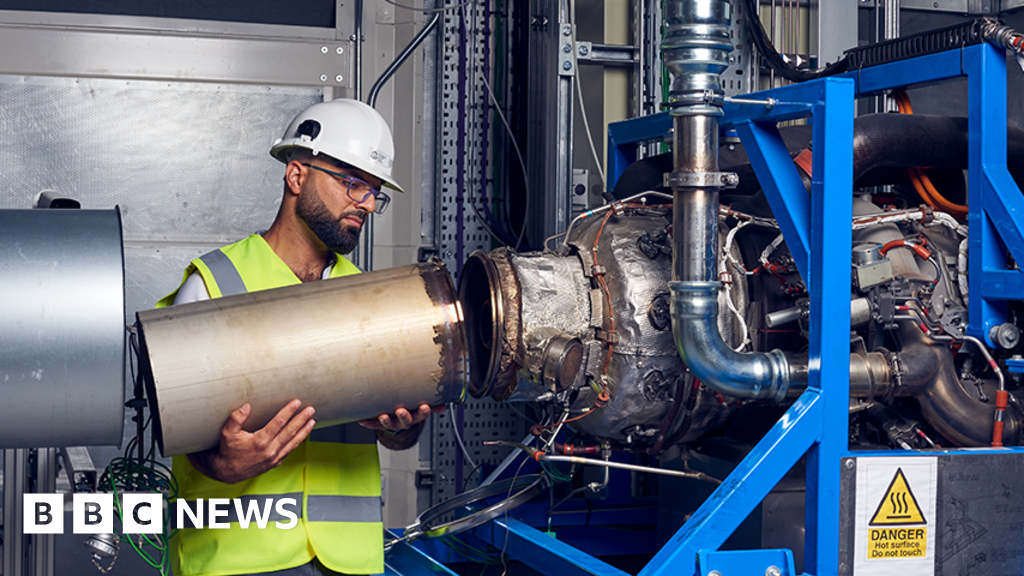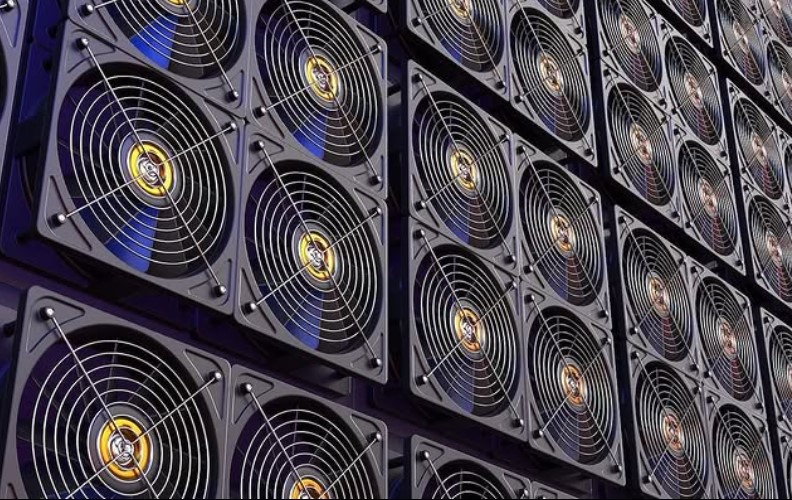There are many different methods, or pathways for making sustainable fuels. They can be made from biomass, such as waste cooking oil, energy crops, wood, agricultural residues and even human waste.
However, there are concerns that this will not provide all the fuel the market will ultimately need. Some feedstocks may need to be avoided, either to prevent environmental degradation such as deforestation, or to prevent land needed for growing food from being turned over to energy production.
An alternative is to use a method called power to liquid, in which water and carbon dioxide are broken down, with the resulting carbon and hydrogen combined to create liquid fuel.
This could produce potentially limitless supplies of fuel, but in order to be sustainable would require large quantities of renewable electricity, as well as a substantial increase in carbon capture and storage.
Both processes – using biomass or power to liquid – are currently very expensive. As a result, the aviation industry is demanding action to increase production, and bring prices down through economies of scale.
However, environmentalists question whether this is actually viable.
“There are good SAFs, and there are bad SAFs, but the brutal truth is that right now there is not much of either,” says Matt Finch, UK head of campaign group Transport & Environment.
“Conversely, right now there are thousands of new planes on order from airlines, and all of them will burn fossil fuels for at least 20 years.
“Actions speak louder than words, and it’s clear that the aviation sector has no plans to wean itself off its addiction to pollution.”
Nonetheless, at the recent Farnborough Airshow, there were several significant announcements relating to SAF.
A consortium including Airbus, AirFrance-KLM, Associated Energy Group, BNP Paribas and Qantas among others announced plans to invest $200m (£151m) in a new fund which will invest in “technologically mature SAF-producing projects using for instance waste-based feedstocks”.
Meanwhile Boeing said it had set up a partnership with the investment company Clear Sky to promote a method of producing SAF pioneered by the British company Firefly.
That method involves taking human waste and using heat and high pressure to turn it into a substance which can then be used to make SAF.
In other words, it allows planes to be powered by poo.
Credit: Source link











